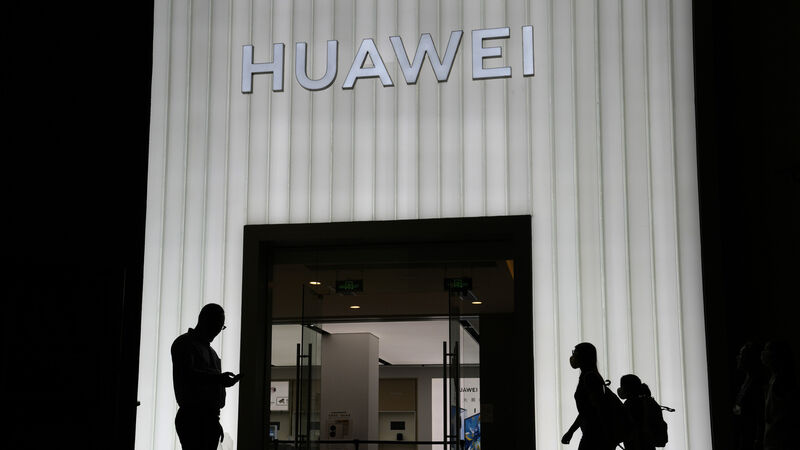Cormac O'Keeffe: Huawei probe raises spectre of 5G security risk

The US Department of Justice has accused Huawei of stealing trade secrets from several companies, including six US technology firms.
Revelations from the US that two Chinese nationals had been charged for attempting to interfere with a criminal investigation against telecoms giant Huawei has not gone unnoticed in European corridors of power, Ireland among them.
The two suspected spies, apprehended following an FBI sting operation, were allegedly trying to gain insights into the probe into whether Huawei conducted racketeering and conspired to steal trade secrets.













